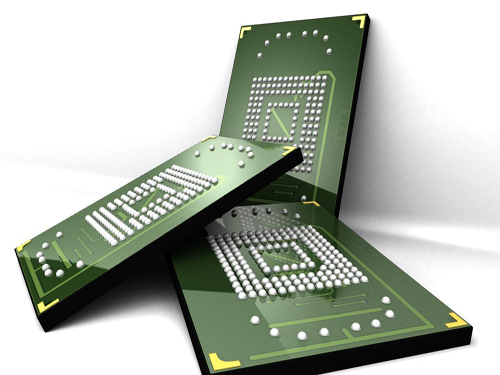Fuk Construction Chip Factory Opens Patent Fees

According to the "Financial Times" report, Qualcomm was forced to lower the patent licensing fee in China's anti-monopoly investigation, and after being imposed a heavy fine of RMB 6.1 billion, the current task is to take the adverse impact. To a minimum level.
Now, Qualcomm is trying its best to convince the Chinese government that it is crucial to the Chinese market, as well as Chinese tech giants such as Xiaomi, Lenovo and Huawei. The Chinese market accounted for half of the $26 billion in revenue of Qualcomm last year.
Qualcomm president Derek Aberle participated in this year's Boao Economic Forum. Qualcomm also sponsored the Boao Economic Forum for the first time. As part of its efforts to help China develop the semiconductor industry, Qualcomm has started construction of a chip factory in Fujian. These measures are part of Qualcomm's efforts to restore China's operations to normal.
One of Qualcomm’s top priorities is to start recharging patent licensing fees in China. Many manufacturers have delayed the payment of patent licensing fees to Qualcomm due to antitrust investigations.
Analysts pointed out that Qualcomm charges high licensing fees for its 3G CDMA and 4G Lte technologies—up to 5% of the wholesale price of a mobile phone, which makes it a “public opinion†for regulators. Stacy Rasgon, a semiconductor industry analyst at Sanford Bernstein, an investment management company, said that Qualcomm’s ability to charge such a high licensing fee is due to “excellent technology and outstanding lawyers, as well as agreements with handset manufacturers. It was signed 20 years ago. At present, Qualcomm is unlikely to duplicate this business model."
China’s share of Qualcomm's revenue may continue to rise. China Mobile will turn to wireless standards based on Qualcomm technology. Last year China Mobile added more than 100 million 4G LTE subscribers and plans to add more than 200 million 4G LTE subscribers this year.
Qualcomm also faces opportunities in other markets outside of China. With Xiaomi, Lenovo, and Huawei entering the international market, Qualcomm’s patents can protect them from lawsuits in overseas markets. For example, Xiaomi was accused of infringement by Ericsson in India last year, but did not include the use of Qualcomm chips. Abbey said, "Helping Chinese companies to carry out export business will be a major priority for us."
Abbey is optimistic about the Chinese market. "For us, antitrust investigation has become a thing of the past, and we will expand our cooperation with Chinese manufacturers." Qualcomm realized that the best strategy is not to hinder China's growth, but to do everything possible. May help China grow.
Solar Street Light is powered by crystal silicon solar cell,maintenance-free calve controlled sealed battery to store electricity,ultra-bright LED lamap as the light source,and controlled by intelligent charge and discharge controller,used to replace the tradional public electric lighting street light.
No need to lay cables,no need for ac power supply,no electricity charges; DC power supply,photosensitive control; solar street light has the advantages of good stability,long life,high lumious eeficiency,easy installation and maintenance,high safety performanc,energy conservation and environmental protection,economic and practical.
Solar Street Light
Solar Street Light,Solar Street Lamp,Smart Street Light,Solar Powered Street Lights
Jilin Province Wanhe light Co.,Ltd , https://www.wanhelight.com